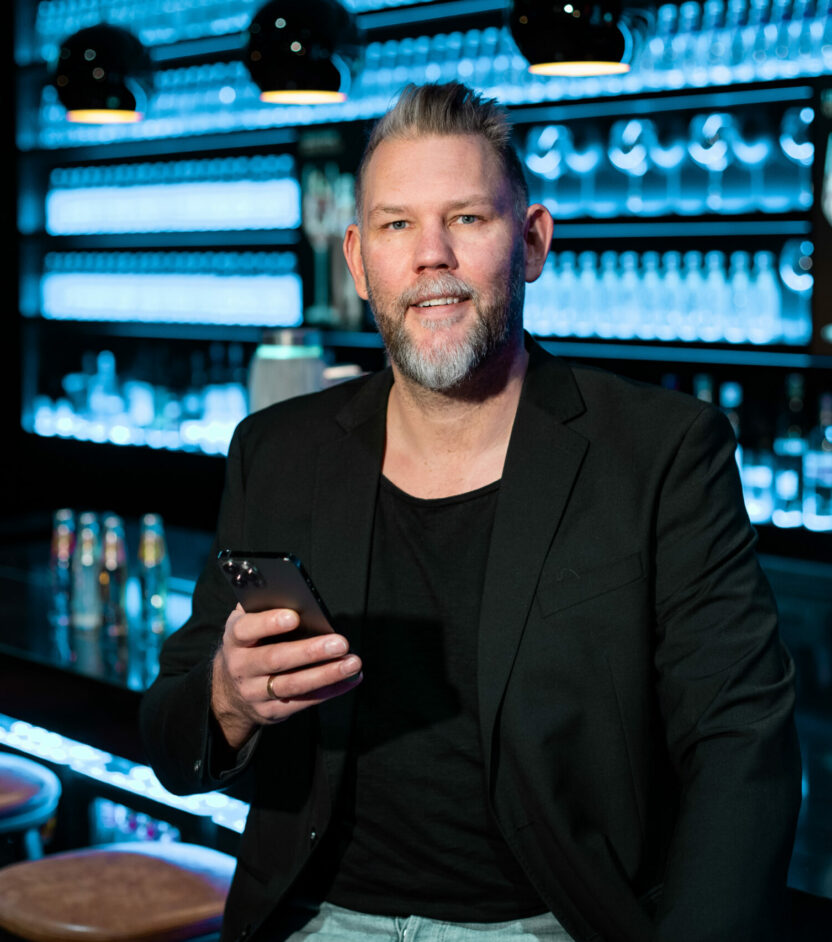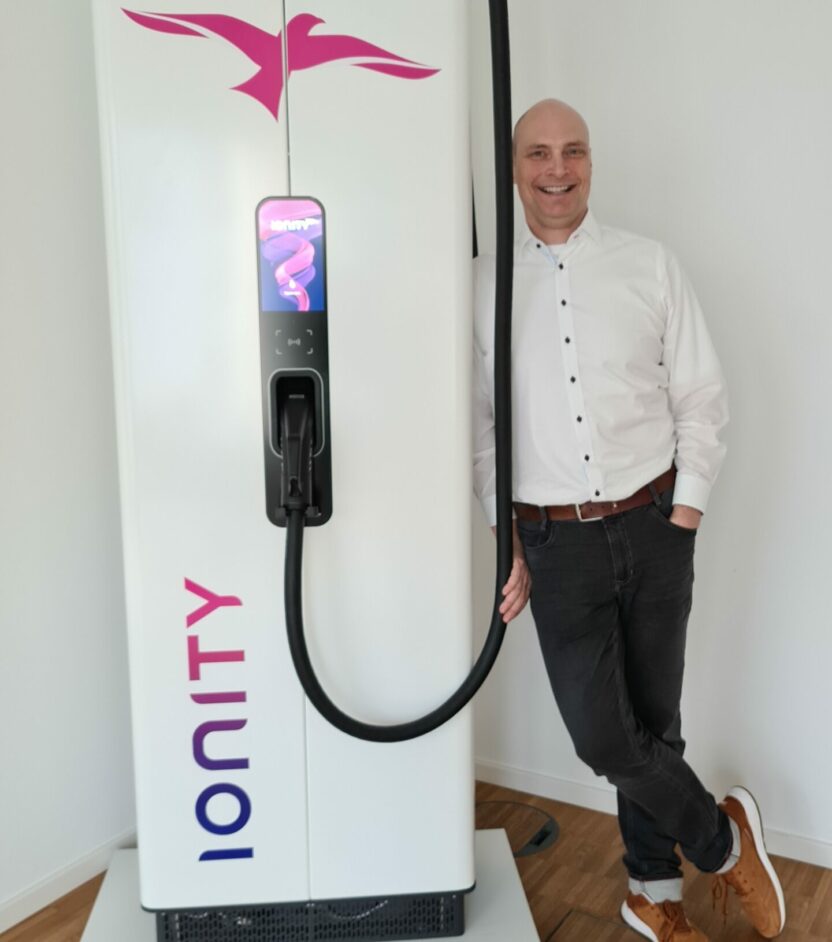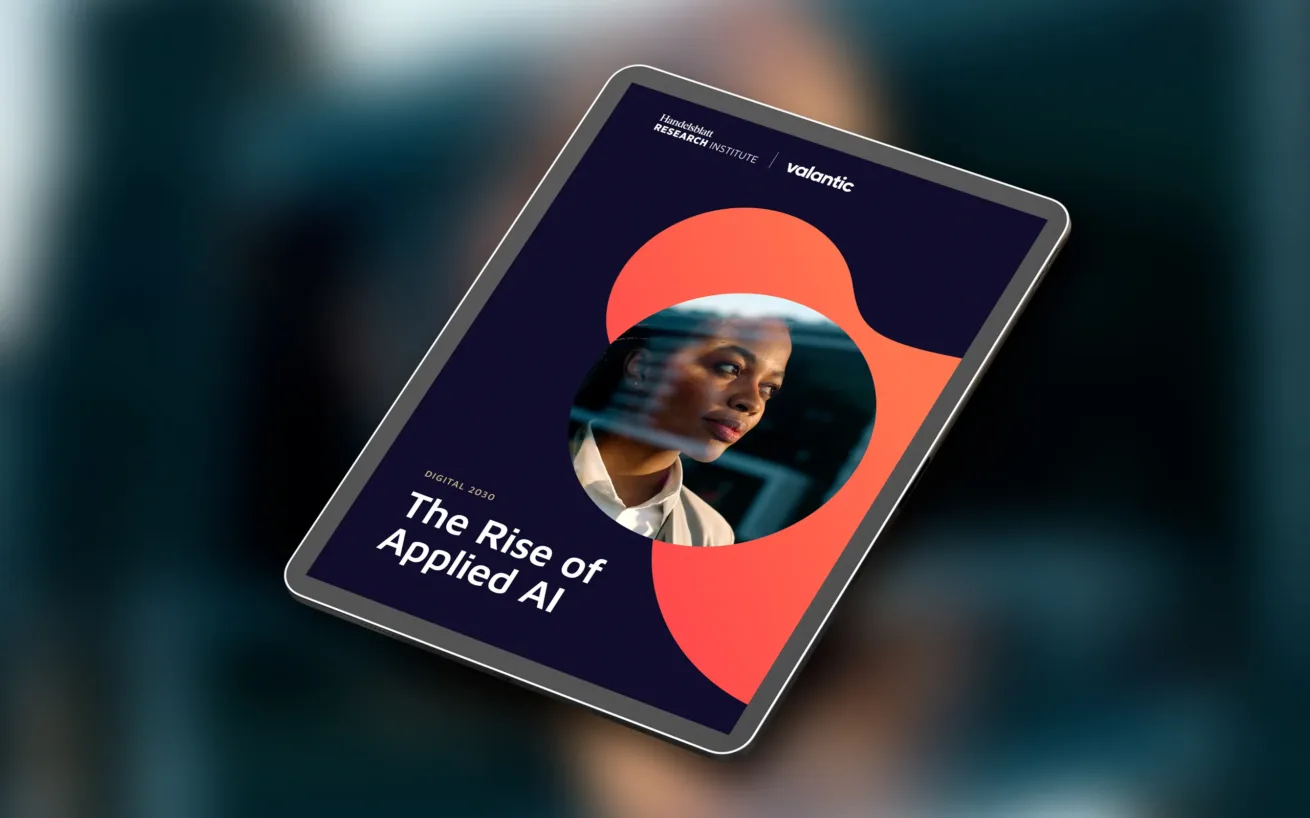Our Digital 2030 Study is divided into three sections: The Digital Trends section focuses on the evaluation of current technology trends by the surveyed C-level decision-makers. In the Applied AI section, which is the main focus of this study, we explore the opportunities, added values, and success factors in integrating artificial intelligence into business applications. The C-Level Insights section includes content from personal interviews we conducted with selected C-level executives as part of the study, aiming to put the quantitative results into a practical context.
It’s worth visiting this page regularly, as we continuously update the content. Stay informed and be inspired by exciting insights from the world of digitization!












